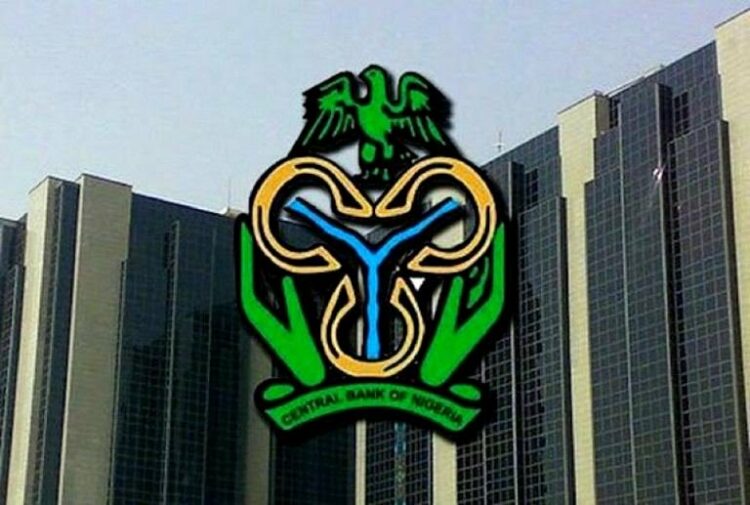On Tuesday, the Central Bank of Nigeria (CBN) at the end of a two-day Monetary Policy Committee (MPC) meeting, voted to increase the Monetary Policy Rate (MPR) also known as interest rate to 15.5 per cent.
This was the third time the apex bank increased the interest rate this year, as a measure to stem rising inflation.
In August, the country’s inflation rose to an unprecedented 20.52 per cent.
The latest increase is a 20-year high; the last time interest rate was increased beyond 15 per cent was in 2002.
Nigerians have been reacting to the development with some saying the decision by the CBN was belated and is the reason for the worsening inflation while some others say increasing the interest rate has proven not to be the solution, as no results have been achieved with the increases so far.
Raising interest rates is a strategy countries adopt to stem rising inflation and lately, many countries including South Africa, Ghana, UK and the US have adopted similar measures. In Europe, European Central Banks increased rates by 0.75 of a percentage point to 1.25 per cent.
But what does this change really mean and how will it impact the economy?
High interest loans: A direct consequence of MPR increase is higher interest rate on bank loans, which is intended to discourage excess spending by increasing the rate of borrowing. A higher interest rate would discourage borrowing and this could spell doom for businesses that depend on loans.
Reduced earnings for banks on interest: As a result of higher interest rates, there will be less borrowing by businesses and this will affect banks’ earnings from interest.
Reduced profit for businesses: As the interest rate has been increased, banks may soon write to their borrowers, informing them of the development and since these additional costs cannot be transferred to customers, it will erode part of the businesses’ profits and many will struggle to stay afloat as they are already grappling with other challenges that have slimmed profit margins.
Higher cost of goods: An increase in interest rate means businesses that borrow from banks are spending more and the costs will be transferred to customers and consumers in the form of higher cost of goods, thus exacerbating the already high interest rate.
High loan repayment default rate: The increase in cost of consumer goods and inflation has already put pressure on businesses, many of which are struggling to repay bank loans. The increased interest rate will put more pressure on existing borrowers who may not be able to meet up with loan repayment.









